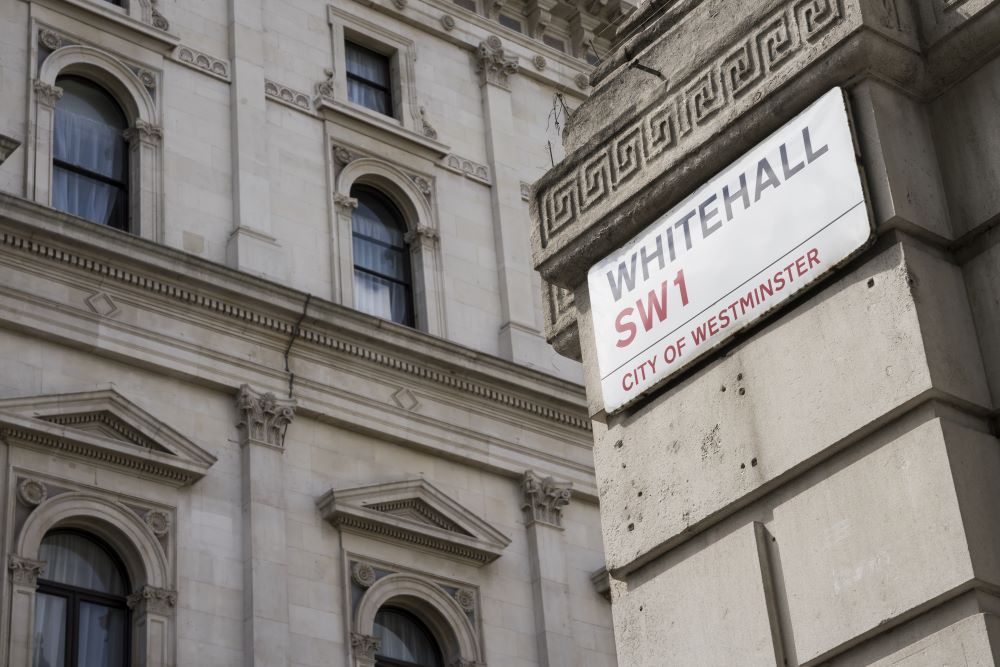
Trade groups have praised the government for its determination to make the Northern Ireland Protocol work for businesses in the region.
Under the Protocol – agreed to in 2019’s Withdrawal Agreement – firms from Great Britain are required to comply with new customs processes to send goods to Northern Ireland.
This includes the completion of safety & security and import declarations, as well as export health certification for some goods requiring sanitary and phytosanitary (SPS) checks.
The government launched the Trader Support Service (TSS) last year to help traders continue to move goods between Great Britain and Northern Ireland under the new rules. TSS is a digital service supporting the completion of declarations.
Kitchen sink
The government admitted in January that businesses were experiencing ‘teething problems’ with the new rules, amid rising political tensions in the region.
However, officials have been praised by trade bodies in Northern Ireland for trying to find bureaucratic fixes to ease the trade friction.
“Whitehall is throwing the kitchen sink at this thing,” Stephen Kelly, chief executive of Manufacturing Northern Ireland, told the FT.
“I cannot remember ever seeing this level of engagement from right across the UK government. Officials are working their rear ends off to try and make it work,” he added.
Multiple fixes
Aodhán Connolly, director of the Northern Ireland Retail Consortium, also praised the government’s “excellent engagement” after meeting Brexit minister Lord Frost and Northern Ireland minister Brandon Lewis this week.
“The NI business community is working flat out with the government to find solutions and, to be fair, we are getting enhanced engagement like never before,” he said.
Negotiations
The UK and EU continue to work on solutions to ease trade disruption in Northern Ireland.
The UK government earlier this year unilaterally delayed the full implementation of some Protocol requirements – particularly for firms trading agrifood goods and sending parcels – to give businesses more time to adapt.
The move led the EU to launch legal action against the UK in March.
NZ style deal
Senior figures at the Trader Support Service (TSS) have suggested that a New Zealand-style approach to SPS checks could be “really helpful” in easing friction, the BBC reports.
Giving evidence at the Northern Ireland Affairs Committee in Westminster yesterday, TSS consortium member Shanker Shingham said a New Zealand-type deal would “lower the intensity of physical checks” for GB-NI trade, although it would not remove paperwork completely.
The EU and New Zealand have an agreement in which they each recognise that the other has high food standards and so the frequency of checks on products and paperwork is reduced.
Vet checks
Currently, Northern Ireland vets are carrying out 20% of all CHED-Ps (a form for importing animal products) in the EU, according to the Newsletter. This is despite having a population less than 0.5% of the whole EU.
The New Zealand-style arrangement would require physical inspections on just 2% of produce arriving into Northern Ireland from Great Britain and documentary checks on just 10% of shipments, as IOE&IT Daily Update reported yesterday.



